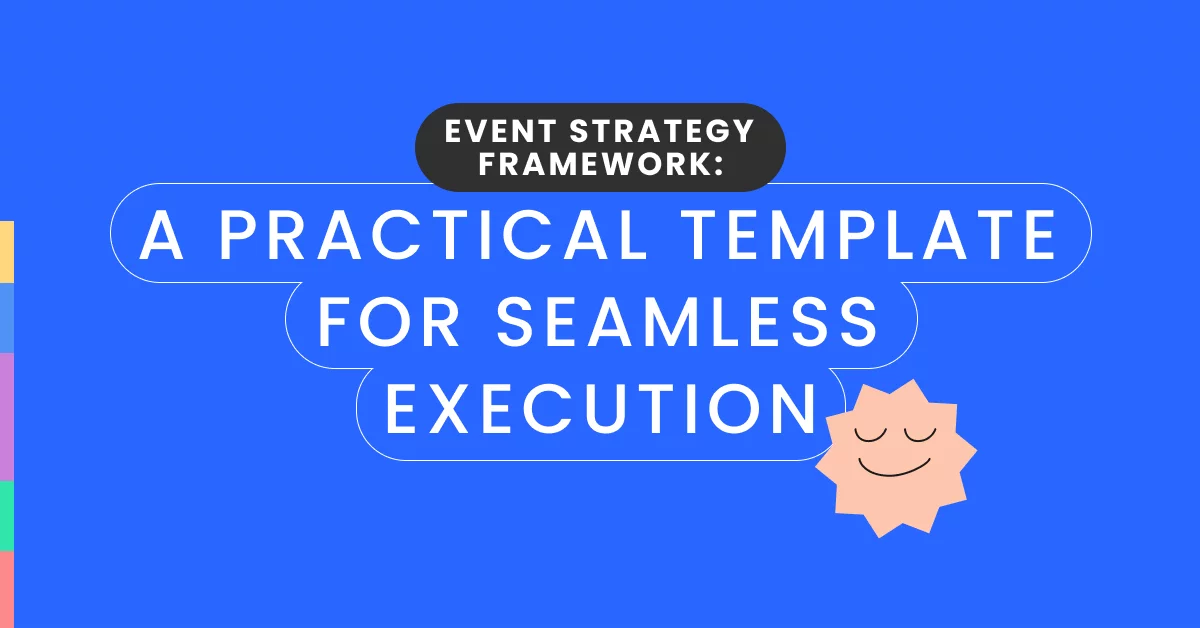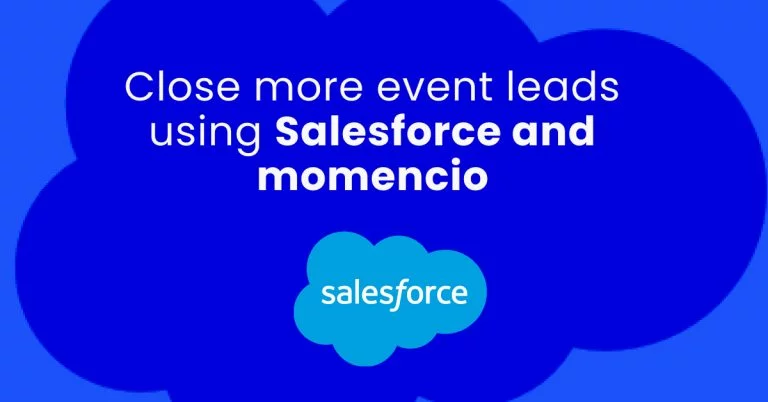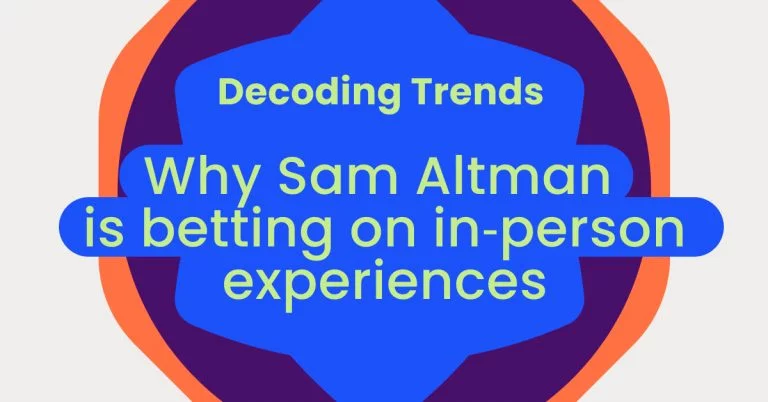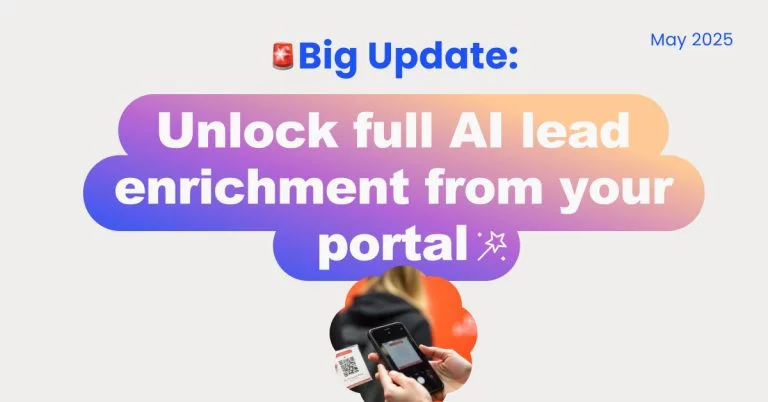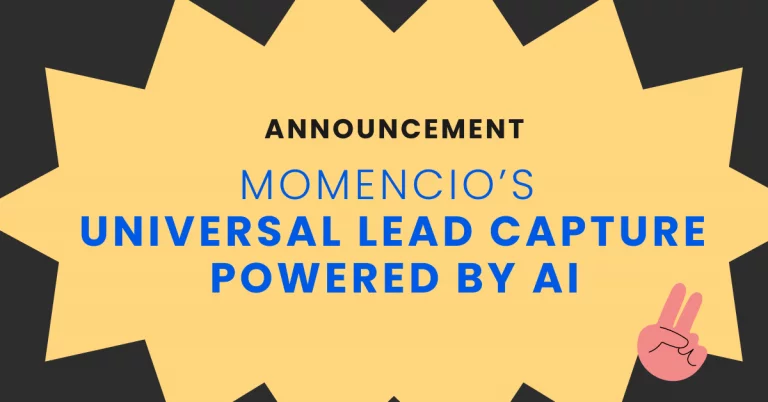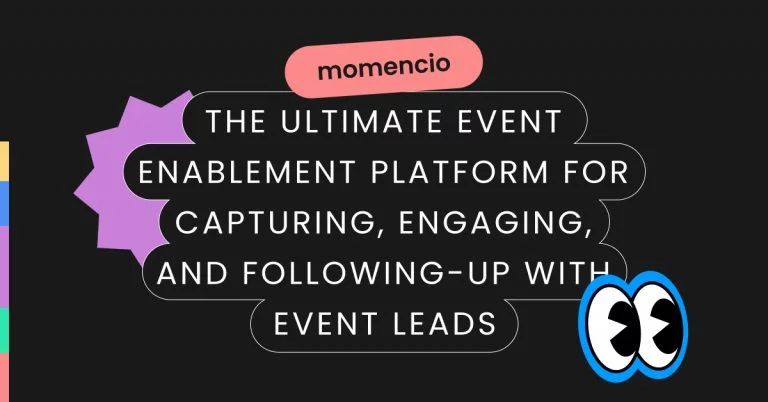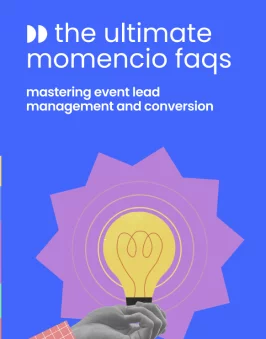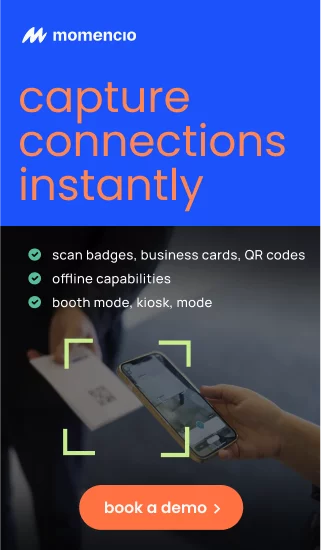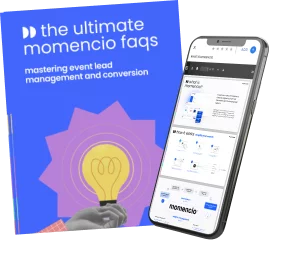The landscape of event planning is ever-evolving, with the demand for memorable and impactful experiences on the rise. In this digital era, where attention is the new currency, how do event planners ensure their events not only capture but also retain this precious commodity? The answer lies in a meticulously crafted event strategy framework. This article delves into the essence of strategic event planning, offering a practical template as a compass for navigating the complexities of creating engaging and successful events. This framework is a precursor to the comprehensive “Mastering Event Strategy” guide, aimed at enriching planners with the knowledge to elevate their event execution to new heights.
In the realm of event management, a strategic framework is not just a plan but a comprehensive blueprint that guides every phase of event planning and execution. From defining clear objectives to crafting a compelling value proposition, a well-structured event strategy framework ensures that all elements are aligned toward achieving the desired outcomes. With events becoming increasingly central to marketing strategies, the importance of having a concise, actionable event strategy has never been more critical. According to a recent study, events account for a significant portion of B2B marketing budgets, with over 31% of marketers believing that event marketing is the most effective marketing channel. This statistic underscores the pivotal role events play in building brand awareness, generating leads, and fostering community engagement.
The integration of advanced event marketing tools, like momencio, further enhances the execution and monitoring of these strategic plans. momencio’s platform offers a suite of features designed to streamline lead capture, enable real-time engagement analytics, and facilitate seamless follow-up processes. These capabilities not only optimize event outcomes but also provide actionable insights that can inform future strategies.
Thus, whether you’re organizing a large-scale conference, a corporate retreat, or a local workshop, the principles of a solid event strategy framework remain the same. It’s about creating a roadmap that not only guides the planning process but also ensures every element of the event is purpose-driven, audience-centric, and outcome-focused. This article aims to equip event planners, marketing professionals, and organizers with a practical template for seamless event execution, highlighting the critical steps and strategies for maximizing the impact of their events.
Template Overview
An event strategy framework serves as the architectural blueprint for event planning and execution. It’s a strategic document that outlines every critical aspect of an event, from the initial concept to post-event analysis. The use of a template for this framework not only standardizes the planning process across events of various scales and types but also ensures a thorough consideration of all potential factors that contribute to the event’s success.
Benefits of Using a Template for Event Planning
- Consistency: A template ensures every event follows a consistent planning and execution process, maintaining quality and brand alignment across all events.
- Efficiency: By having a predefined structure, planners can save time and focus on customization and innovation within the framework rather than starting from scratch for each event.
- Comprehensiveness: A well-designed template prompts the inclusion of essential elements that might be overlooked, such as risk management or post-event analysis, making the planning process more thorough.
- Scalability: Templates can be adapted and scaled to fit events of any size or type, from intimate workshops to large-scale international conferences.
- Measurement and Improvement: Standardized metrics and evaluation processes make it easier to measure success and implement improvements over time.
The core of this template revolves around several key components, each designed to guide event planners through the critical stages of event strategy development. By addressing these components systematically, event professionals can craft strategies that are not only practical but also aligned with their overarching business goals and audience needs.
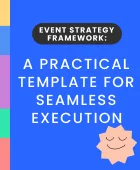
Defining Event Objectives
The first step in the event strategy framework is defining clear, measurable objectives. Objectives should align with broader organizational goals and be SMART: Specific, Measurable, Achievable, Relevant, and Time-bound. Whether the aim is to generate leads, enhance brand awareness, or educate attendees, having precise objectives sets the direction for all subsequent planning efforts.
Crafting Measurable Event Goals
- Lead Generation: Set a target number of leads to capture, specifying the desired quality and follow-up strategy.
- Attendee Engagement: Define engagement metrics, such as session attendance rates, app interactions, or social media activity.
- Brand Awareness: Establish benchmarks for brand exposure, including media mentions, hashtag usage, or survey-based awareness metrics.
- Educational Outcomes: For educational events, set learning objectives and assessment methods to measure knowledge transfer.
Identifying Target Audience
Understanding the target demographic is critical to tailoring the event’s content, marketing, and engagement strategies. This involves analyzing attendee data, market research, and past event feedback to create a detailed attendee persona.
Methods to Define and Understand the Event’s Target Demographic
- Surveys and Feedback: Collect data from previous events to understand attendee preferences and expectations.
- Market Research: Conduct research to identify trends and preferences within the target industry or community.
- Persona Development: Create detailed personas representing key attendee segments to guide content and engagement strategies.
Crafting the Event Value Proposition
Developing a compelling value proposition is vital for differentiating the event in a crowded marketplace. This statement should clearly articulate what attendees will gain by participating, whether it’s knowledge, networking opportunities, or a unique experience.
Developing a Unique Selling Proposition for the Event
- Unique Content: Highlight exclusive sessions, speakers, or research findings.
- Networking Opportunities: Emphasize the quality and exclusivity of networking events.
- Immersive Experiences: Showcase unique event formats or interactive elements that enhance attendee engagement.
Budget Planning
A meticulously crafted budget is the backbone of any successful event strategy, serving as a crucial tool for managing financial resources efficiently and ensuring the event’s economic viability. Budgeting for success within the event strategy framework requires a detailed understanding of all potential expenses and revenue streams, alongside a keen awareness of financial goals and constraints. This section guides incorporating financial planning within your event strategy template, ensuring that every dollar spent contributes to the overall success of your event.
Identifying Costs and Revenues
The first step in budget planning is to comprehensively list all expected expenses and potential revenue sources. Typical event costs include venue rental, speaker fees, catering, marketing and promotional materials, technology rentals, and staff salaries. On the revenue side, sources consist of ticket sales, sponsorships, exhibitor fees, and merchandise sales. By accurately forecasting these figures, planners can create a realistic financial framework for their event.
Setting Financial Objectives
Establishing clear financial objectives is crucial for guiding event planning and execution. Whether the goal is to break even, generate a specific profit margin, or minimize costs for a non-profit event, these objectives should inform every financial decision made during the planning process. Objectives can also include maximizing ROI for event sponsors or increasing ticket sales by a certain percentage.
Cost-Saving Strategies
Effective budget planning involves not only identifying and forecasting costs but also implementing strategies to control and reduce expenses without compromising the quality of the event. Negotiating with vendors for better rates, opting for multi-event contracts, leveraging in-kind sponsorships, and using digital marketing channels for promotion are just a few ways to achieve cost savings.
Allocating Resources Wisely
Resource allocation involves prioritizing spending based on the event’s objectives and the expected return on investment for each expense category. This might mean allocating more funds towards high-impact areas, such as marketing and guest speakers, while finding cost-effective solutions for less critical aspects of the event.
Monitoring and Adjusting the Budget
An event budget is a dynamic tool that should be regularly reviewed and adjusted as planning progresses and actual costs become more precise. This iterative process allows planners to stay on top of financial performance, making informed decisions to avoid overspending or reallocating resources as necessary.
Integrating Technology for Efficient Budget Management
Integrating advanced event planning tools can significantly enhance the efficiency of budget planning and monitoring. With features designed for real-time budget tracking and analytics, these tools help event planners maintain financial control, make data-driven decisions, and ultimately ensure the economic success of their events.
Marketing and Promotion Strategy
A comprehensive marketing and promotion strategy is vital for attracting attendees and generating buzz around your event. This section outlines critical tactics for incorporating marketing efforts into your event strategy template, covering both digital and traditional channels.
Understanding Your Audience
Effective marketing begins with a deep understanding of your target audience, including their preferences, behaviors, and the channels they frequent. This insight informs the selection of marketing channels and messaging that resonate most strongly with potential attendees.
Developing a Multi-Channel Approach
A multi-channel marketing approach maximizes reach and engagement, combining digital strategies such as email marketing, social media advertising, content marketing, and influencer partnerships with traditional methods like print ads, direct mail, and public relations efforts.
Leveraging Content Marketing
Content marketing, through blog posts, videos, webinars, and podcasts related to the event theme, can significantly boost interest and engagement. Providing valuable content not only positions the event as authoritative and informative but also builds anticipation and drives registrations.
Utilizing Social Media
Social media platforms offer potent tools for promoting events, engaging with potential attendees, and creating communities around event themes. Strategies may include creating event pages, using targeted ads, engaging influencers, and encouraging sharing through hashtags and contests.
Measuring Marketing Effectiveness
To ensure marketing efforts contribute to event objectives, it’s essential to track key metrics such as website traffic, registration numbers, social media engagement, and conversion rates. These insights allow for the optimization of marketing strategies in real-time, ensuring the highest possible return on investment.
Integrating marketing and promotion strategies within your event planning template ensures a holistic approach to event execution, leveraging every opportunity to attract and engage your target audience.

Operational Plan
The operational plan of an event strategy framework encompasses the detailed logistics, vendor management, and day-of-event operations that are crucial for seamless execution. This section outlines key components of the operational plan, ensuring that every logistical aspect is meticulously organized and managed.
Venue Selection and Setup
Choosing the right venue is paramount, as it sets the stage for your event’s atmosphere and functionality. Considerations include location, capacity, layout, accessibility, and technical capabilities. Once selected, planning the setup involves floor plans, equipment, decoration, and branding materials.
Vendor and Supplier Management
Successful events rely on a network of vendors and suppliers, including caterers, AV technicians, decorators, and security services. Effective management involves selecting vendors that align with your event’s quality and budgetary requirements, negotiating contracts, and maintaining clear communication regarding expectations and timelines.
Staffing and Volunteer Coordination
An efficient event team is the engine behind the scenes. This includes event planners, coordinators, technical staff, and volunteers. Assigning roles and responsibilities, providing training, and establishing clear channels of communication ensure that everyone is prepared and aligned with the event’s objectives.
Technology Integration
Incorporating technology can significantly enhance the operational efficiency of your event. Tools like momencio offer solutions for attendee registration, engagement tracking, and real-time feedback. Integrating such technology ensures a smoother experience for both organizers and participants.
Logistics and Security
Detailed logistical planning covers transportation, parking, signage, and attendee flow. Security measures, including crowd control, emergency procedures, and health and safety protocols, are vital for ensuring a safe environment for all attendees.
On-Site Coordination
The day of the event demands precise coordination. This includes overseeing the setup, managing vendors and staff, addressing any last-minute challenges, and ensuring the event runs according to the schedule.
Risk Management
Integrating risk management into your event strategy is critical for anticipating and mitigating potential issues that could impact your event. This section discusses methods for identifying risks, developing contingency plans, and ensuring a proactive approach to event safety and success.
Identifying Potential Risks
Begin by conducting a thorough risk assessment to identify potential challenges that could arise, from weather disruptions and technical failures to security threats and health emergencies.
Developing Contingency Plans
For each identified risk, develop a contingency plan outlining preventive measures and steps to address the issue should it occur. This might include backup vendors, alternate venues, or additional security measures.
Communication Plan
Establish a clear communication plan for disseminating information to your team, attendees, and stakeholders in the event of a crisis. This includes predefined channels of communication and designated spokespeople.
Regular Reviews and Updates
Risk management is an ongoing process. Regularly review and update your risk assessment and contingency plans to adapt to new challenges as your event planning progresses.
Monitoring and Evaluation
The final phase of the event strategy framework focuses on tracking progress and evaluating the event’s success. This involves setting key performance indicators (KPIs), gathering data during and after the event, and conducting a thorough post-event analysis.
Setting KPIs
Determine the key metrics that will indicate the success of your event, such as attendee satisfaction, number of leads generated, or ROI for sponsors.
Data Collection
Utilize tools and technologies to collect data on attendee engagement, feedback, and overall event performance. momencio can play a pivotal role in capturing real-time engagement and lead data.
Post-Event Analysis
Conduct a comprehensive review of the event, analyzing the data against your KPIs to assess areas of success and opportunities for improvement. This analysis is invaluable for informing future event strategies.
momencio Integration
Integrating momencio into your event strategy framework enhances execution and monitoring capabilities. momencio’s platform offers advanced features for lead capture, engagement analytics, and post-event follow-up, enabling event planners to optimize their strategy for maximum impact and ROI. Book a demo today.
Conclusion
A strategic approach to event planning is essential for creating memorable and impactful experiences. By following a comprehensive event strategy framework and integrating advanced tools like momencio, event planners can ensure seamless execution, maximize engagement, and achieve their event objectives. Remember, the success of your event lies in the details of your planning and the strength of your strategy.
FAQs on Event Strategy Framework
- What is an Event Strategy Framework?
- An Event Strategy Framework is a comprehensive plan that outlines the steps and considerations necessary to organize, execute, and evaluate an event. It ensures that all aspects of the event align with the overarching goals, from defining objectives to post-event analysis.
- How do I define clear and measurable event goals?
- Start by understanding your organization’s or client’s broader objectives. Goals should be SMART: specific, Measurable, Achievable, Relevant, and Time-bound. For instance, a goal could be “Increase attendee engagement by 30% compared to last year’s event,” making it easy to measure and evaluate success.
- What’s the best way to identify my event’s target audience?
- Conduct market research to gather data on potential attendees, including demographics, interests, and behaviors. Utilize surveys, social media analytics, and past event data. This information helps tailor your event content, marketing strategies, and overall experience to meet your audience’s needs and preferences.
- How can I craft a compelling event value proposition?
- Highlight what makes your event unique and beneficial to attendees. Focus on the key takeaways, experiences, networking opportunities, or educational content that participants will gain. Your value proposition should answer the question, “Why should someone attend this event over others?”
- Can momencio enhance the execution of my Event Strategy Framework?
- Absolutely. momencio’s features, such as lead capture, real-time engagement analytics, and automated follow-up processes, can be seamlessly integrated into your event strategy. This integration enables more efficient lead management, enhanced attendee engagement, and a more precise analysis of your event’s ROI, leveraging data-driven insights to refine future strategies.
